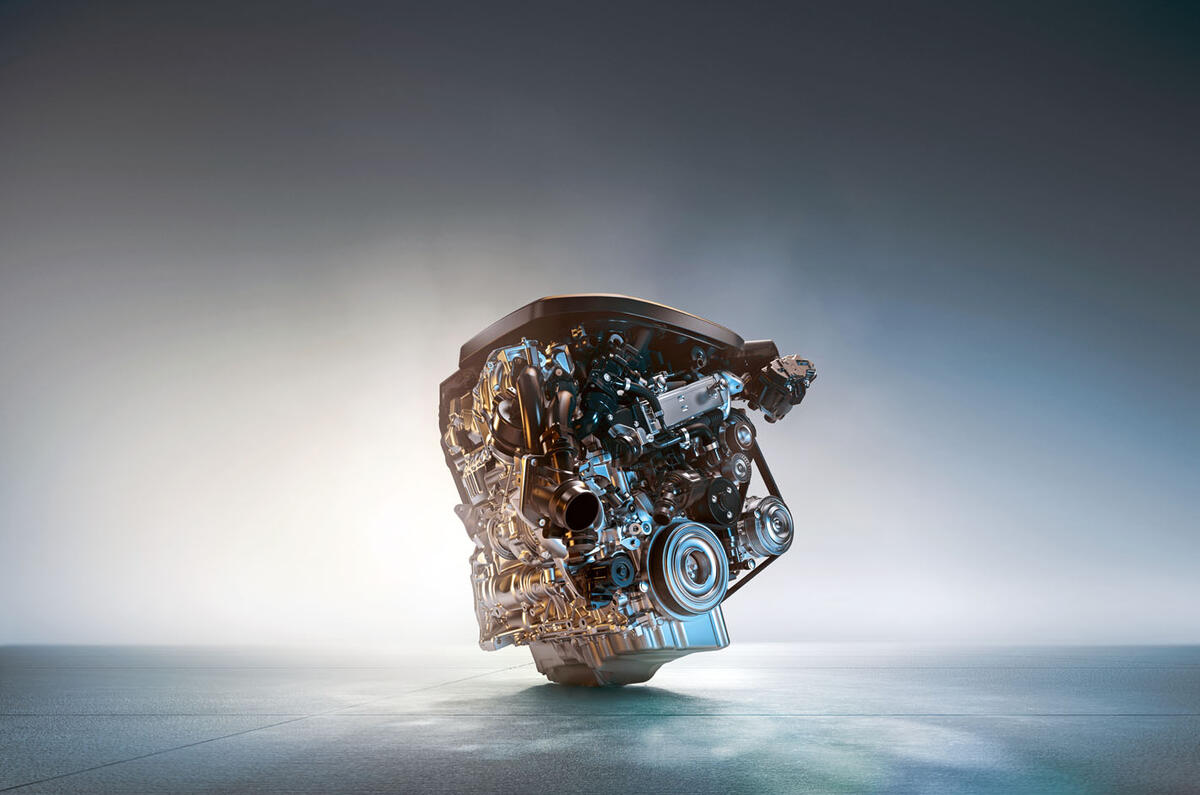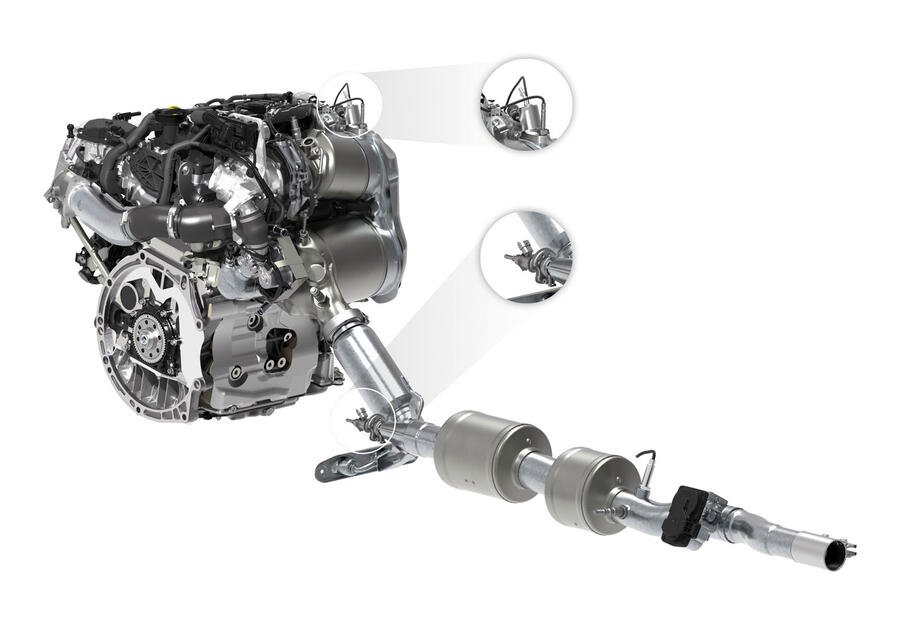Diesel engines are more economical than petrol engines, which still haven’t caught up despite advances like direct injection. So what exactly is the difference between petrol and diesel engines and how do diesels work?
First off, diesel and petrol both come from the same source, crude oil. They’re both hydrocarbon liquid fuels, but diesel does have different properties from petrol. Diesel is more dense than petrol and contains about 15% more energy by volume. That means, litre for litre, you literally get more bangs for your buck.
But that’s not the whole story. Diesel engines are still far more efficient than petrol engines at converting fuel to mechanical energy. In fact, including the energy advantage of the fuel itself, diesels are up to 40% more efficient at doing that. Both types of engines are classified as ‘heat’ engines because they convert heat energy from fuel into mechanical energy. But diesels have better thermal efficiency than petrol engines, which means they convert more of the heat into mechanical energy and waste less of it into the environment.
Diesel engines work by compressing air so tightly in a small combustion space that it gets hot enough to ignite diesel spontaneously when it’s injected. The petrol engine relies on a spark for ignition at lower compression. The higher compression ratio of the diesel engine means it has a high expansion ratio – the difference between the compressed space and the space opened up when the piston reaches the bottom of its travel. That equates to higher efficiency.
Diesel engines are also unthrottled. Most petrol engines throttle the amount of air going into the engine because the air-to-fuel ratio needs to stay at the optimum point of 14.7:1, so the quantity of fuel and air entering the engine are both regulated. A diesel engine runs very lean (much more air) and can draw in as much air as it wants, controlling the power only by injecting more or less fuel. The petrol engine is attempting to suck in the same amount of air at low throttle openings but can’t, causing ‘pumping losses’. It’s like sucking through a squashed straw: the engine can’t win but it uses energy trying. The unthrottled diesel engine doesn’t have that problem, which also increases efficiency.









Join the debate
Add your comment
Whatever the technical
Whatever the technical arguments in favour of the fuel saving advantages of diesel engines, it's our politicians that have determined that they are no longer desirable in cars. With so much bad press, and the often alarmist climate protesters, who realistically sees central and local governments doing a u-turn on their demonisation of diesels? Perhaps it's also seen as another useful revenue stream via surcharges on diesel fuel, higher parking charges by some local authorities etc.
The scientific arguments against diesel engines, even if debatable, have won the day and it's wishful thinking to believe political minds will be swayed by technical explanations of diesels superiority in certain car applications. Air quality and public health are seen as paramount and I don't see the public, most of whom have little or no interest in the engineering of diesels vs petrols, reversing the trend away from diesel cars.
Doesn’t matter....?
All forms of propulsion somewhere along the line pollute.
PHEVs neither fish nor fowl
The Outlandish PHIB SUV gets 28mpg real world not NEDC 148mpg and that excludes electric energy used.
Modern Euro 6d doesn't need hybrid help , latest Mercs tested independently this year unable to get NOX readings they were that low in all cycles from congested city to autobahn.
Run all diesels on HVO made from waste not food for massive reductions in pollution.
Well..
Isn't there room for all?, shouldn't we embrace all forms just now?, till we solve the poor EV set up .